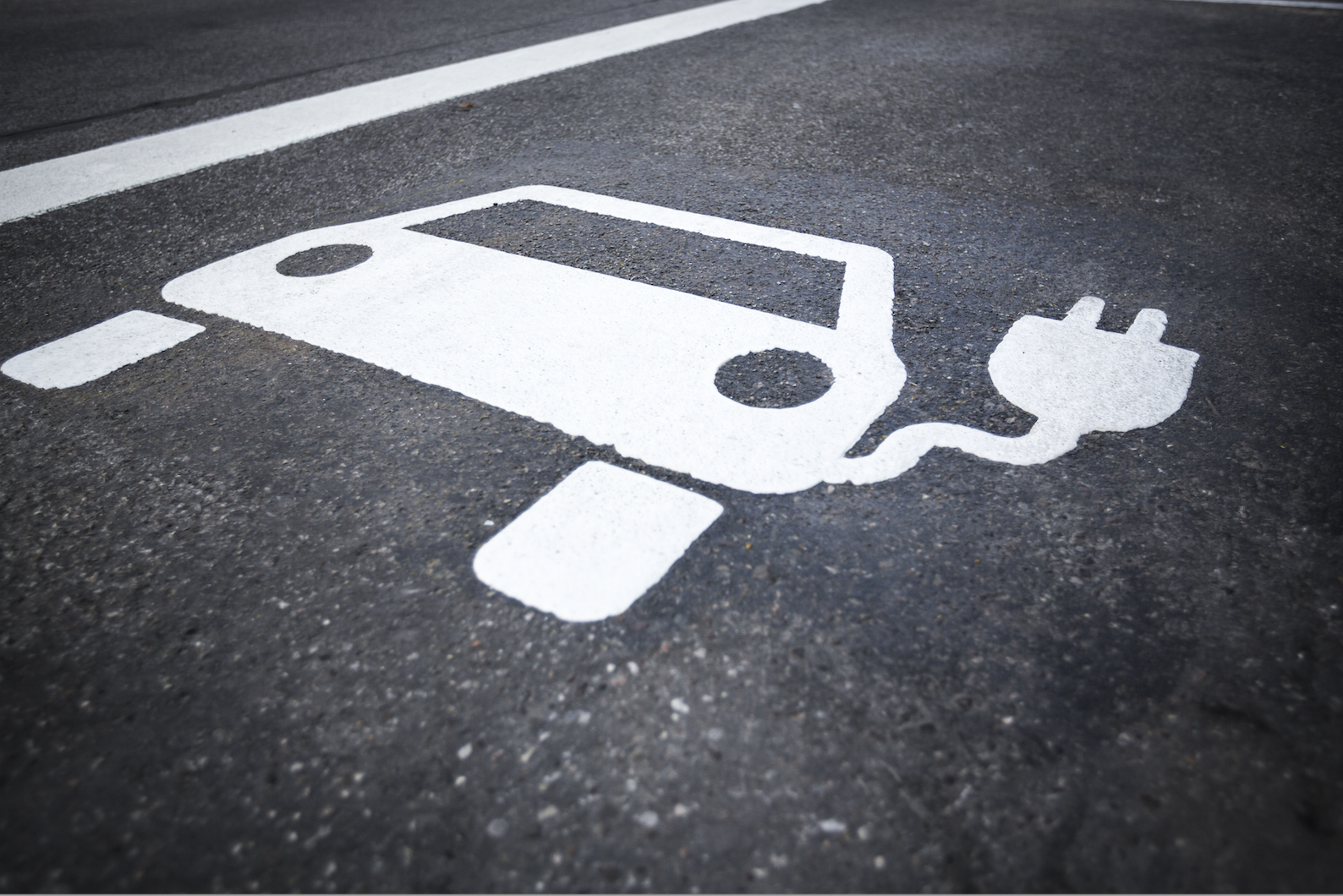Time to read : 2 Minutes
10 Facts About Electric Cars You Need To Know
In a win for electric vehicles (EVs) and the planet, the Australian Senate and Government agreed today to exempt EVs from import tariffs and fringe benefits tax.
The removal of FBT for electric vehicles is expected to have the biggest impact. A $50K car with a salary sacrifice arrangement could save you up to $4700 a year.
The import tariff removal won't move the needle in the short term as we already have free trade agreements in place with China, Japan and Korea – where we get most of our EVs. German EVs however are expected to get a little cheaper.
Electric cars are really starting to make some headway in Australia too:
Today, electric vehicles (EVs) are less than %5 of the market, but that is an increase of 65% on last year.
The ACT leads the sales, with 9.5% of the market with the others coming far behind –NSW (3.7%), Victoria (3.4%), Queensland (3.3%), Western Australia (2.8%), South Australia (2.3%) and the Northern Territory (0.8%) last.
To put that all into context, we fall way short of the global EV sales – in Norway, eight out of 10 new cars sold are electric.
10 EV facts you need to know
💰 Electric Cars are on 82% average cheaper to charge than petrol cars are to fuel for the same distance covered.
♻️ Electric cars are cleaner to operate than petrol cars, 39% to 87% cleaner if charged from the grid or 100% cleaner if charged from solar panels.
📏 Electric cars have more than enough range (average of 430 km) to cover the daily distance driven (36km) by the average Australian driver.
🔋 Known as bidirectional charging, electric vehicles can be used as mobile battery banks to power appliances. One day they’ll be able to power your home.
🚙 Electric cars won’t ruin the weekend either! Electric cars can tow, which means you can still go off-road with trailers and caravans.
🔌 There are 3,000 public EV charging points in Australia, representing one for every 11 electric vehicle registered. This number is expected to improve substantially over the coming years.
⚡ There are 41 electric car models and 95 of variants currently available in Australia.
💲 The cheapest electric car available for sale is the MG ZS EV priced at $44,900 driveaway. A raft of cheaper EV models is set to go on sale in 2023.
⏳ The average wait time for an electric car is six to nine months. Long wait times apply to all new vehicles, regardless of whether it's petrol, diesel or electric.
🛒 Uptake of electric cars is still low comprising only 3.4% of new car sales to September this year.
The bottom line
Electric cars are well and truly here.
They currently cost more than fossil fuel ones, but that will change in the near future.
🚗 And with some banks phasing out loans for fossil fuel cars in favour of electric and the ban of selling petrol and diesel vehicles coming – in the ACT it's 2035 – it'll be sooner rather than later.
To learn more check out our guide on car insurance for electric vehicles.
The information contained on this web page is of general nature only and has been prepared without taking into consideration your objectives, needs and financial situation. You should check with a financial professional before making any decisions. Any opinions expressed within an article are those of the author and do not specifically reflect the views of Compare Club Australia Pty Ltd.
